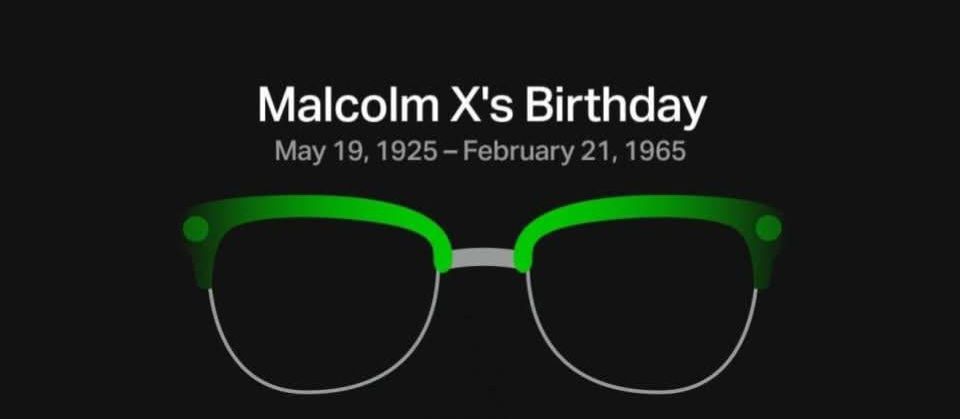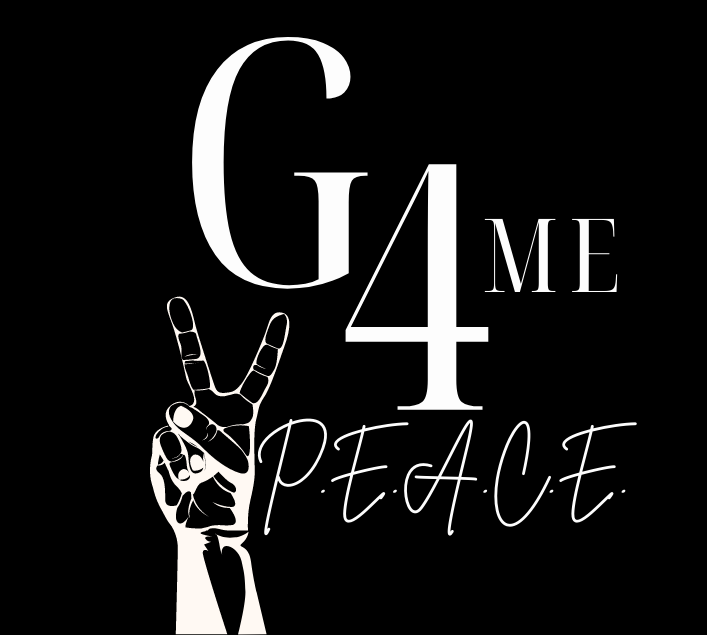Malcolm X’s Enduring Wisdom: A Century Later, His Words Still Illuminate Black America’s Struggles By News Correspondent Gabrielle Nicole
Malcolm X’s Enduring Wisdom: A Century Later, His Words Still Illuminate Black America’s Struggles By News Correspondent Gabrielle Nicole

(Philadelphia, Pennsylvania) — As the world honored the 100th birthday of El-Hajj Malik El-Shabazz, known globally as Malcolm X, West Philadelphia’s Malcolm X Memorial Park stood proudly as sacred ground—where legacy, love, and liberation converge. In a city known for its radical spirit and revolutionary people, this park is not a symbol of urban neglect—it is a sanctuary of culture, truth, and Black power.
This weekend, the park overflowed with purpose. Families gathered, vendors sold literature, t-shirts, jewelry, food, sea moss, clothing and art inspired by Pan-African ideals, and voices lifted in honor of one of the most brilliant minds the world has ever known. The sacred energy of the space echoed Malcolm’s own belief: “A race of people is like an individual man; until it uses its own talent, takes pride in its own history… it can never fulfill itself.”
From spoken word to political education circles, every footstep in Malcolm X Park this weekend became an act of remembrance and resistance. The youth carried signs reading “By Any Means Necessary,” and elders shared stories of survival and self-determination. The celebration was not performative—it was prophetic.
Malcolm X Park is not just a park. It’s a living altar to courage, culture, and community. For decades, it has hosted vigils, protests, cookouts, jazz performances, and freedom schools. It is, and always has been, a safe haven for Black thought and Black action. And this centennial celebration affirmed its position as a frontline in the fight for justice.
This moment in time, where white nationalism resurfaces, media disinformation runs rampant, and state-sanctioned violence continues to threaten Black lives, demands a voice like Malcolm’s. His warning—“A man who stands for nothing will fall for anything”—isn’t just history. It’s a headline.
Malcolm taught us that we must never surrender our minds. “If you’re not careful, the newspapers will have you hating the people who are being oppressed and loving the people who are doing the oppressing.” Today, we must expand our media literacy, sharpen our discernment, and call out manipulation when we see it.
But Malcolm X didn’t stop at critique. He spoke transformation into existence. “Once he is motivated, no one can change more completely than the man who has been at the bottom.” That spirit was everywhere in the park—from youth mentorship to reentry advocacy to Black entrepreneurship, proof that the rebirth of a people is possible.
“Armed with the knowledge of our past, we can, with confidence, charter a course for our future. Culture is an indispensable weapon in the freedom struggle.” That weapon was on full display this weekend—through drumming, dancing, poetry, protest, and prayer. We did not just remember Malcolm; we channeled him.
The principle of self-defense, so often misrepresented, rang loud and clear: “It is criminal to teach a man not to defend himself when he is the constant victim of brutal attacks.” Whether through community patrols, economic collectives, or political organizing, defense of Black life remains a sacred duty.
The event brought together Muslims, Christians, Hebrew Israelites, agnostics, and spiritualists—all united under one cause: freedom. Malcolm’s global perspective, sharpened by his pilgrimage, reminded us: “America needs to understand Islam because this is the one religion that erases from its society the race problem.”
He warned us that the government could intervene everywhere except where Black folks needed it most: “It can function in South Vietnam, in the Congo, in Berlin… but it can’t function in Mississippi.” Today we echo: it can send aid to Ukraine but can’t fix Jackson, Flint, or North Philly.
Malcolm separated true education from indoctrination: “Just because you have colleges and universities doesn’t mean you have education.” Liberation begins not with degrees, but with decolonized minds and hearts on fire with truth.
He also called out the myth of the benevolent system: “Any time you beg another man to set you free, you will never be free. Freedom is something you have to do for yourselves.” That’s what we saw in Philly—people not waiting on saviors, but becoming the solution.
One banner in the park quoted him: “Change is only a good thing if you change in a good way.” A necessary reminder in an age of cosmetic progress and hollow gestures. We don’t need symbolism. We need sovereignty.
Malcolm understood internalized racism: “By making our people in the Western Hemisphere hate Africa, we ended up hating ourselves.” The celebration reclaimed African identity—through headwraps, flags, language, and reverence for ancestors.
The celebration honored Black women too, especially his partner, Dr. Betty Shabazz. “Awakening this brainwashed Black man… Betty understands, is a full-time job.” Black women continue to do this labor every day—and were rightly uplifted as the vanguard of the movement.
Notably, the event did not allow political pandering. Organizers reminded everyone: “A wise man can play the part of a clown, but a clown can’t play the part of a wise man.” Leadership must be earned, not staged.
The children in the park reminded us of his words: “Children have a lesson adults should learn, to not be ashamed of failing, but to get up and try again.” Their joy is our fuel. Their future is our fight.
Malcolm also rejected incrementalism: “We want freedom now… but we’re not going to get it saying ‘We Shall Overcome.’ We’ve got to fight until we overcome.” The sense of urgency in the park was thick—our people are done waiting.
The economic disparity he spoke of lives on: “Black victims of the white man’s American social system.” Philly’s own gentrification crisis proves this. But Malcolm X Park remains a bastion of resistance—where no bulldozer can erase memory or mission.
As the sun set on a day of revolution and remembrance, one final quote echoed from the main stage: “I am for truth, no matter who tells it. I am for justice, no matter who it is for or against.”
And that is Malcolm X’s eternal gift—an unwavering compass pointing toward truth, justice, and self-determination. From Mecca to 52nd Street, from Harlem to West Philly, his words still march beside us. One hundred years later, his voice is not gone—it is just getting louder.


